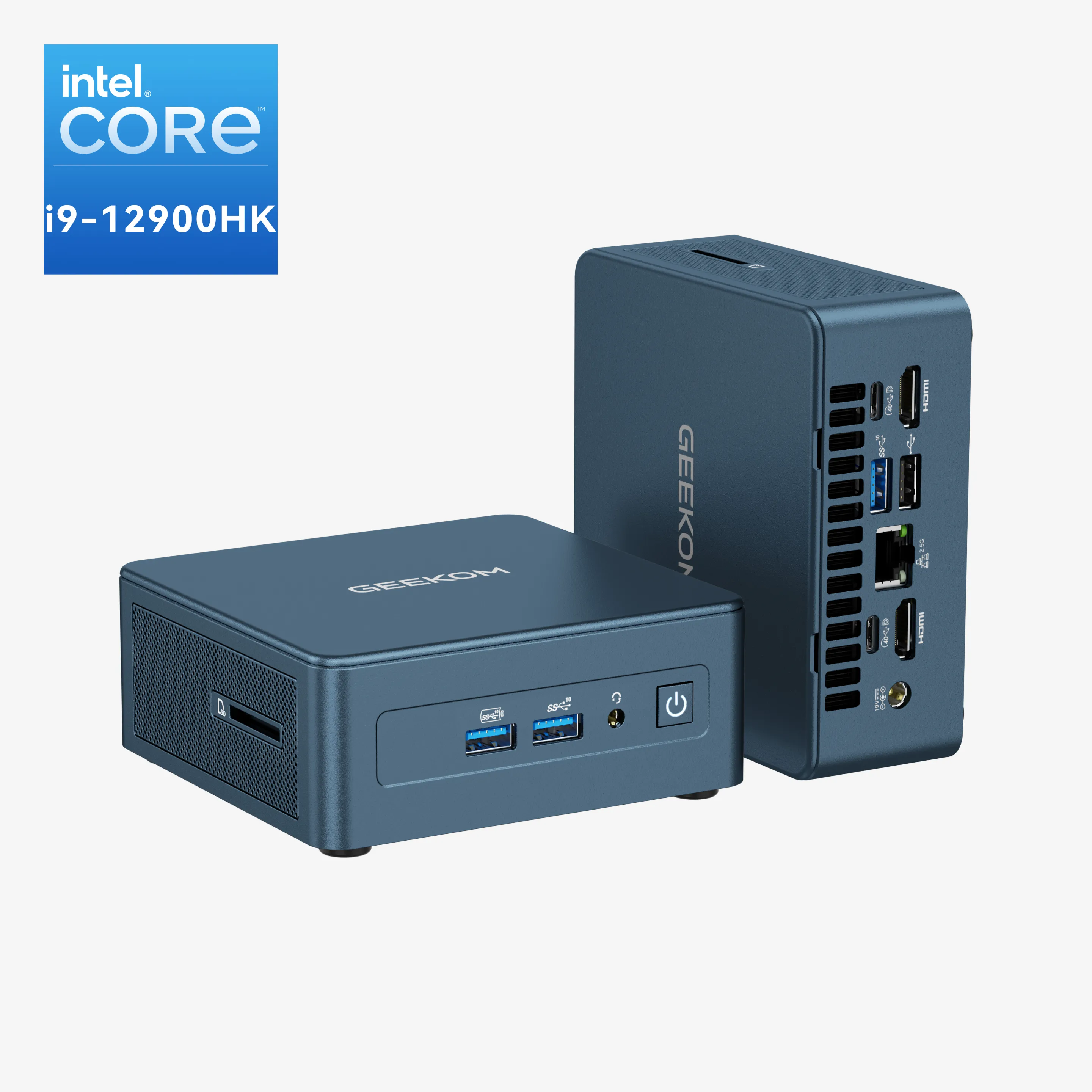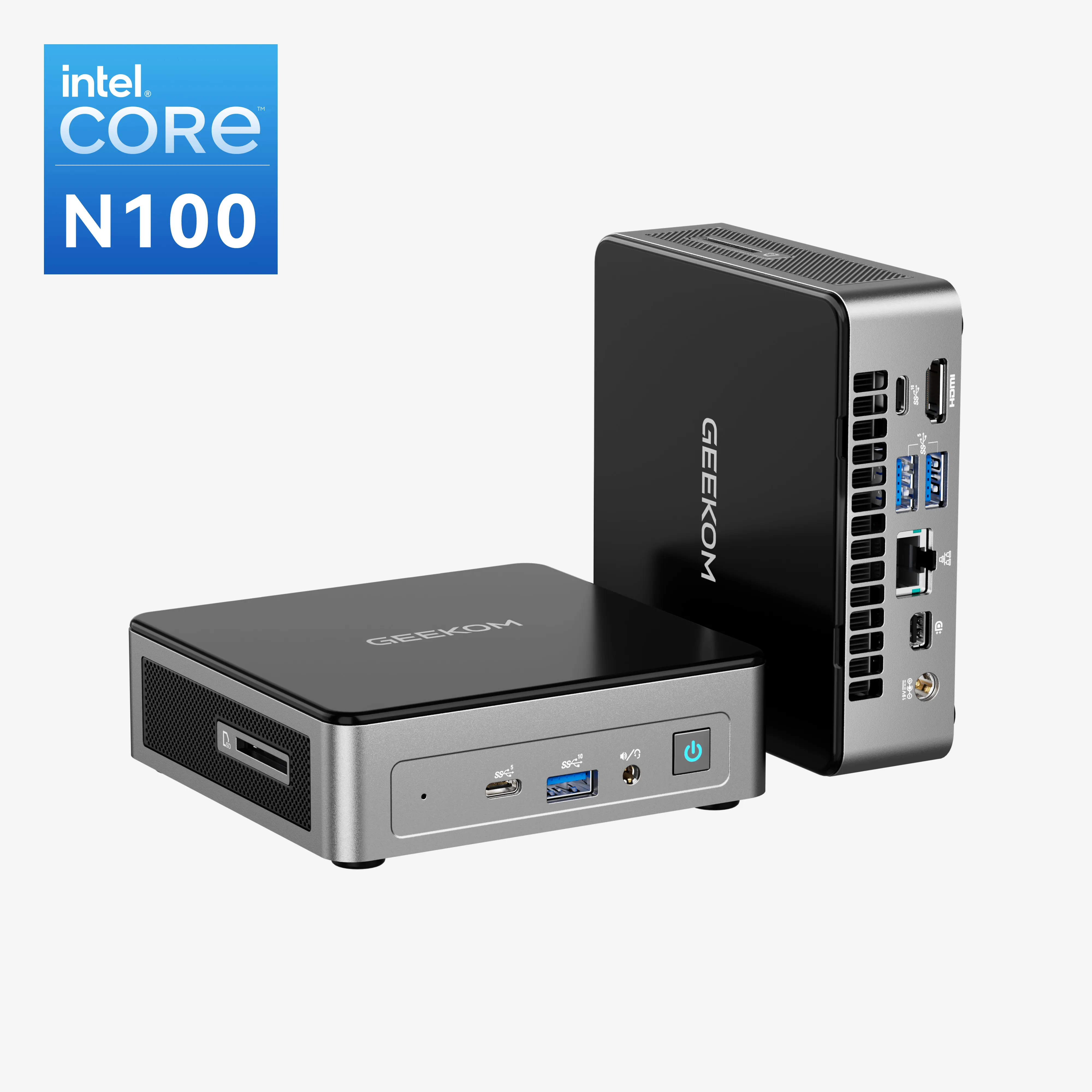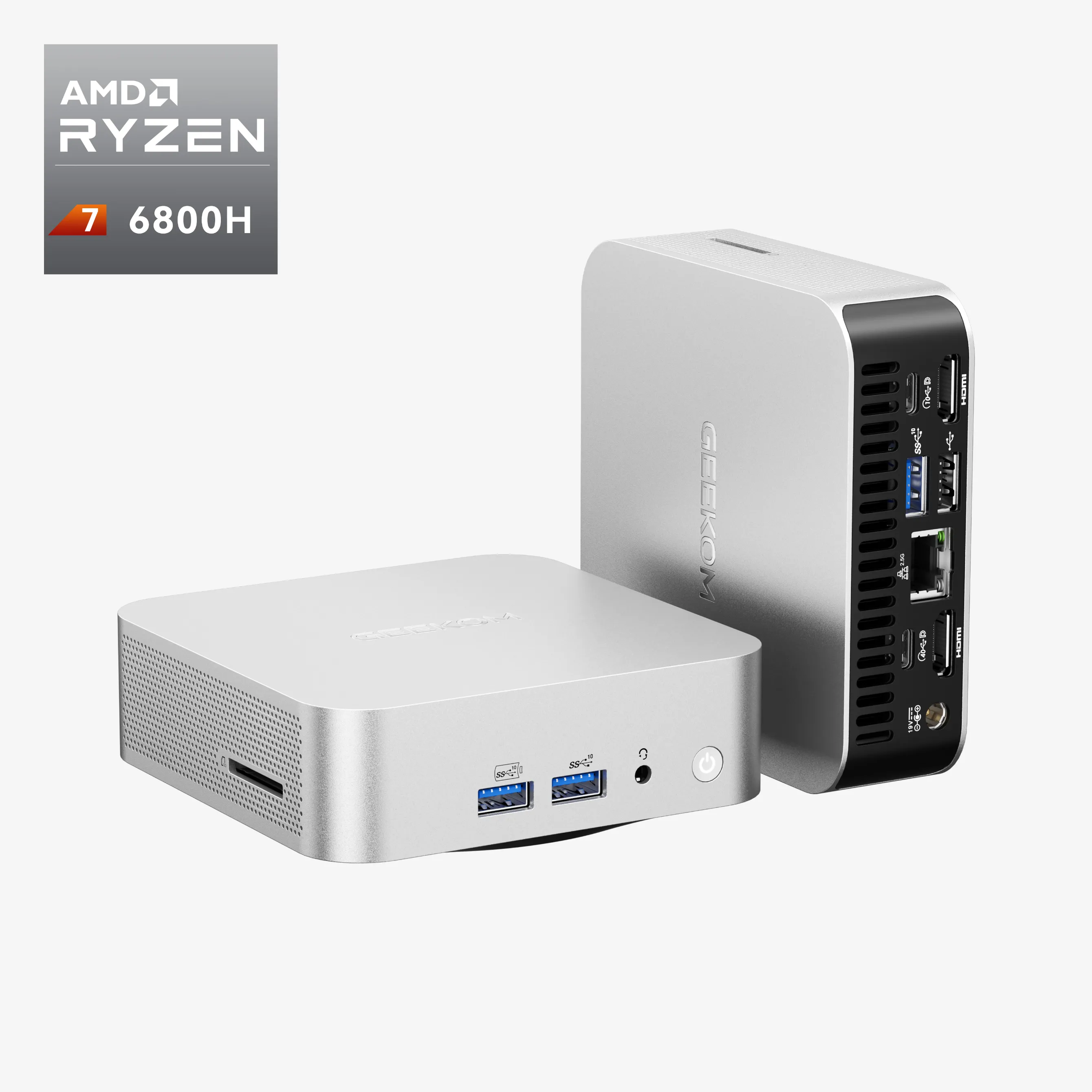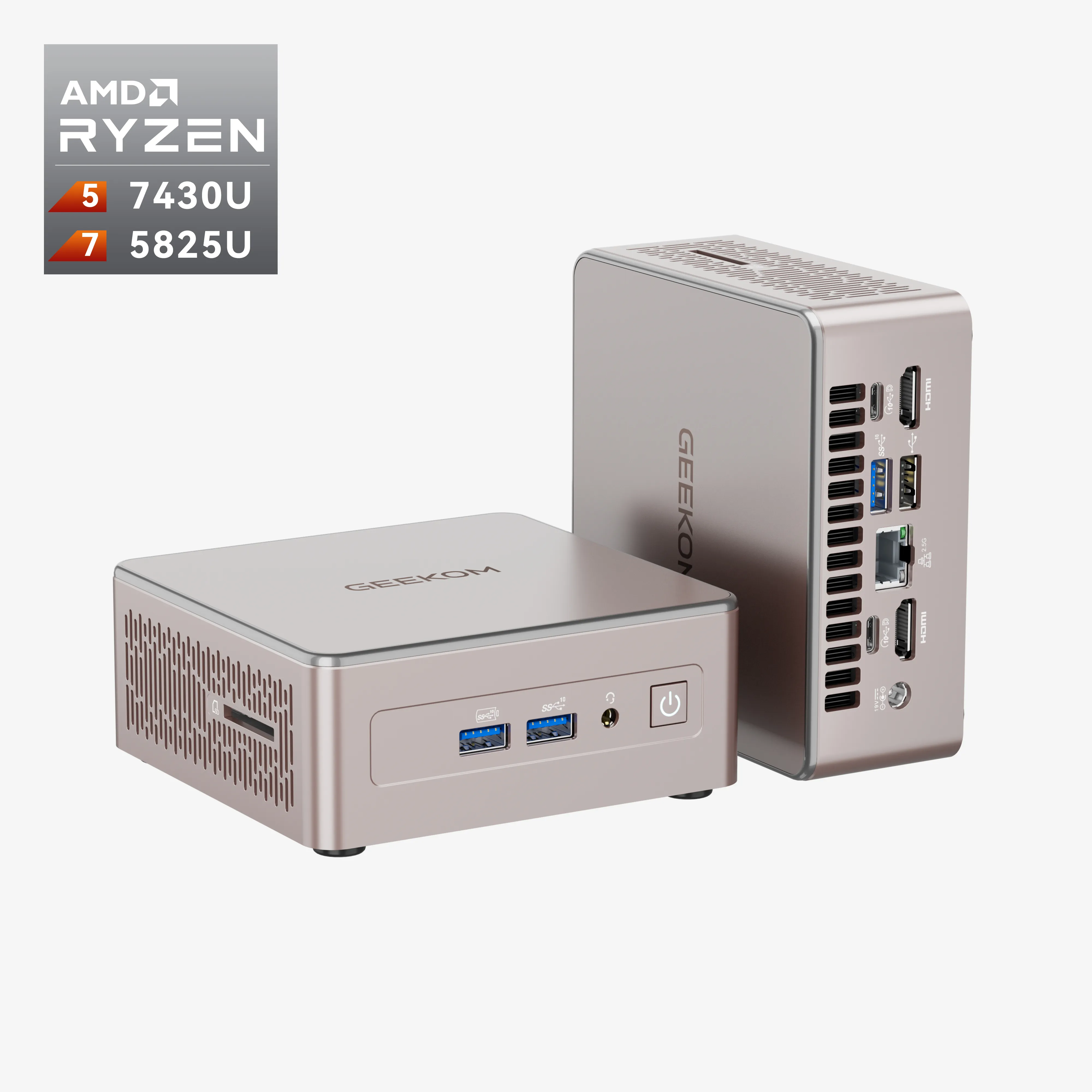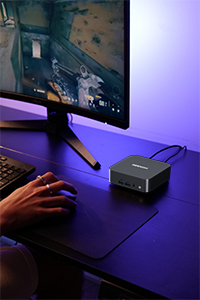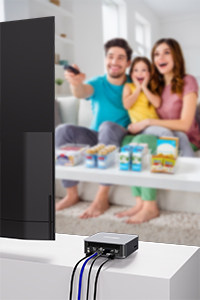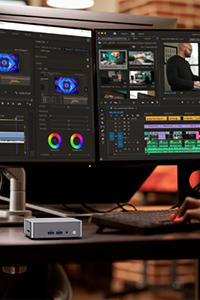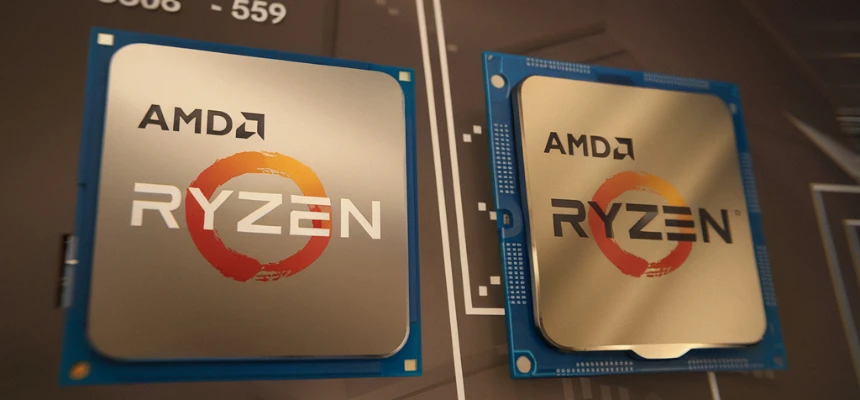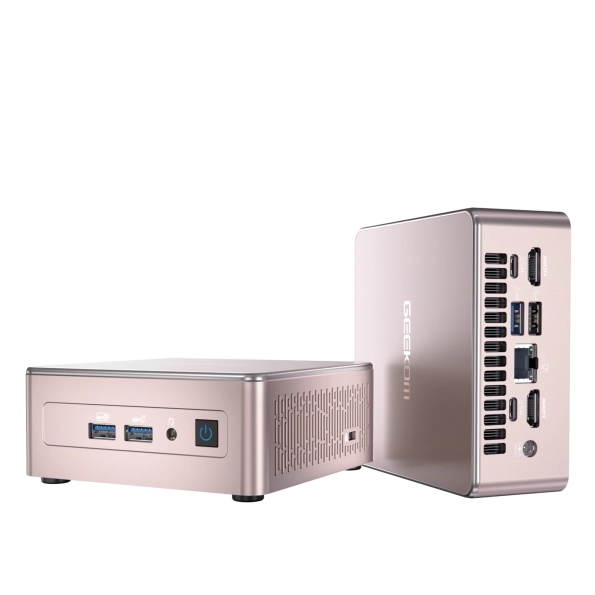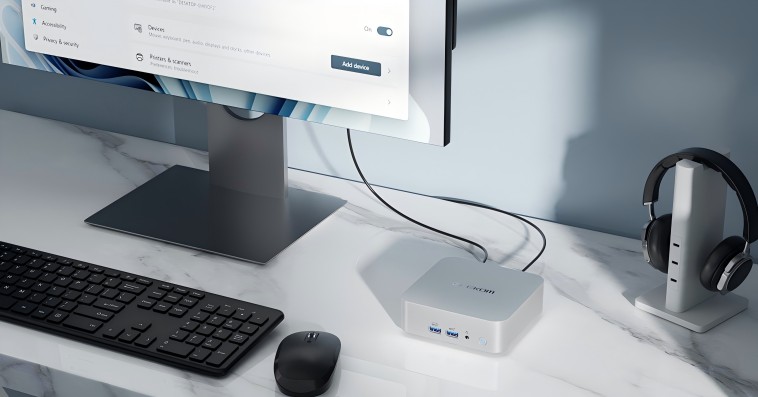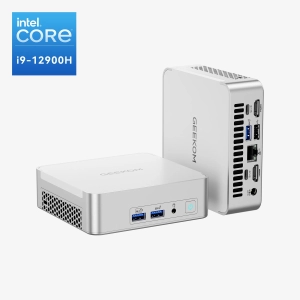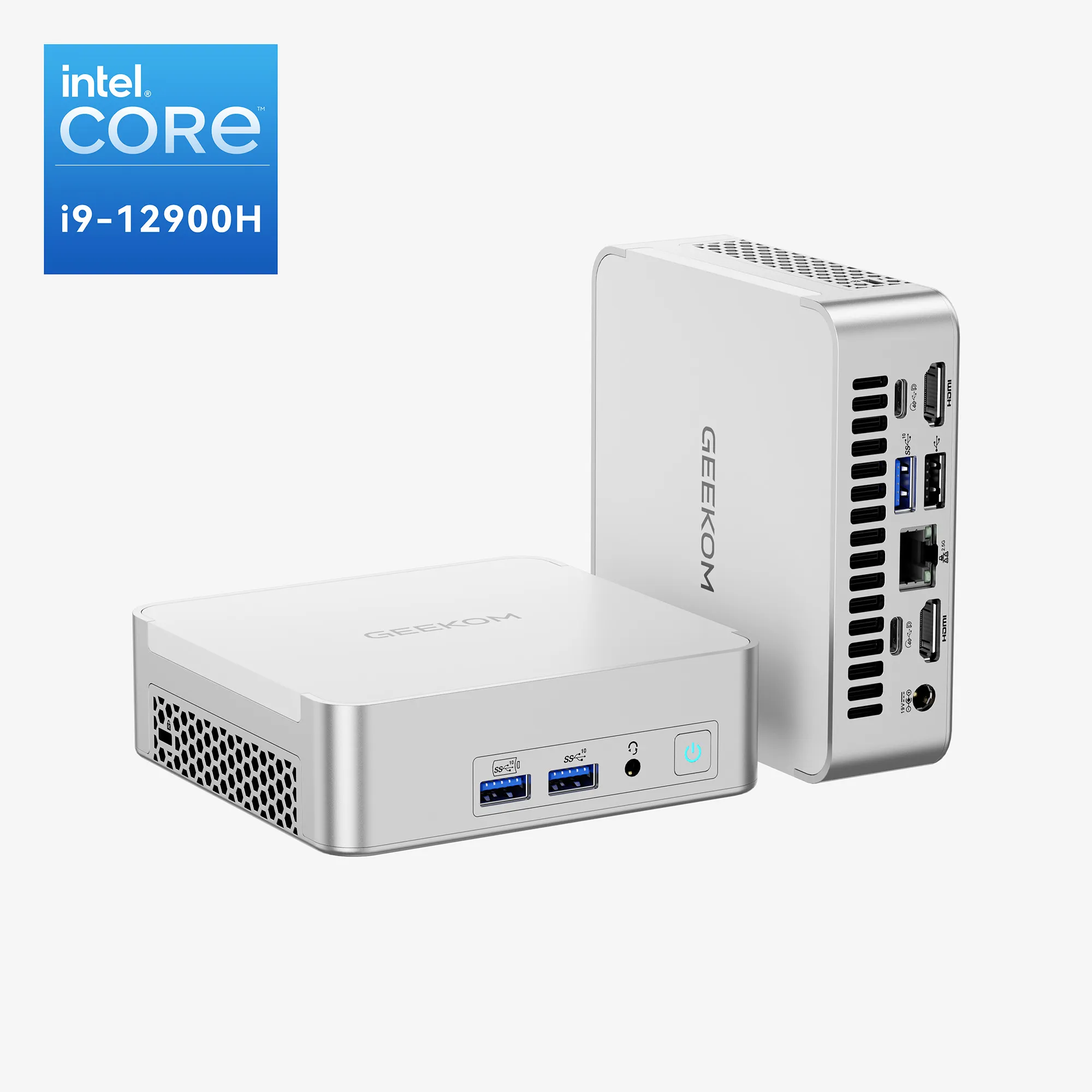Introduction
A fast-paced technology world has ensured that CPU selection underpins systems performances, gaming experiences, content creation efficiency, and multi-tasking capabilities. The AMD Ryzen 7 series is highly regarded as it provides a very healthy balance between performance and price and is thus favoured by enthusiasts and professionals alike. Among this lineup are the AMD Ryzen 7 5800X and the AMD Ryzen 7 5800X3D, both of which are situated at opposite extremes of CPU performance for different user tastes and needs.
So, this article provides a comparison of the AMD Ryzen 7 5800X and the AMD Ryzen 7 5800X3D on several fronts. In doing so, we will look into aspects of specifications, architectural differences, performance benchmarks, and relevant use cases for both processors so as to show how each caters to the needs of gamers, content creators, and multitaskers altogether, and help one settle for which CPU would be a more suitable fit.
Ryzen 7 5800X Architecture And Technology
The AMD Ryzen 7 5800X and Ryzen 7 5800X3D share the same base on AMD’s revered Zen 3 architecture, introducing a big step in microprocessor design that puts great emphasis on performance and efficiency. Built on a 7nm technology, the Zen 3 architecture has improvements over its predecessor. These include a unified L3 cache design. This unified cache reduces latency while enhancing inter-core communication, thereby impacting performance significantly, especially in gaming and multi-threaded workloads.
The other advantage presented by the Zen 3 architecture is the significant increase in the Instructions Per Clock or IPC, allowing every single core to perform more tasks per clock cycle when contrasted with the preceding generations. This means relatively seamless and potent execution across various workloads. With greater base and boost clock speeds, the Zen 3 architecture also contributes to a faster CPU and a better realization of its capability.
Nothing essentially differentiates the Ryzen 7 5800X3D from the typical 5800X except that it features unique 3D V-Cache technology. This revolutionary technology stacks extra cache memory on top of the CPU die, thus ingeniously enabling an extensive total cache across the entire processor. The 5800X3D, with its 96MB L3 cache (compared to the 5800X’s 32MB), is able to process more information close to the CPU cores, thanks to its innovative 3D V-Cache technology.
AMD Ryzen 7 580X Vs AMD Ryzen 7 5800X3d Specs
| Specification | AMD Ryzen 7 5800X | AMD Ryzen 7 5800X3D |
| Architecture | Zen 3 | Zen 3 + 3D V-Cache |
| Manufacturing Process | 7nm | 7nm |
| Cores/Threads | 8 cores / 16 threads | 8 cores / 16 threads |
| Base Clock Speed | 3.8 GHz | 3.4 GHz |
| Boost Clock Speed | 4.7 GHz | 4.5 GHz |
| L3 Cache | 32MB | 96MB |
| TDP | 105W | 105W |
| Integrated Graphics | None | None |
| Memory Support | Up to 128GB DDR4 | Up to 128GB DDR4 |
| PCIe Support | PCIe 4.0 | PCIe 4.0 |
The AMD Ryzen 7 5800X and the Ryzen 7 5800X3D share a lot of information – core and thread count, manufacturing technology, and rated power. Both processors are based on Zen 3 architecture and use advanced 7nm process technology. Thus, this allows them to improve their performance and power efficiency. Memory support of up to 128GB DDR4 and PCIe 4.0 allow operation with the latest generations of high-speed storage and graphics solutions.
However, between the two processors, some divergences are significant enough to affect their performance and use cases. Most notably, base and boost clock speeds are different for the two. 5800X works at a base clock of 3.8 GHz, with a boost frequency of 4.7 GHz, against 3.4 GHz and 4.5 GHz, respectively, in 5800X3D. As such, these are higher frequencies pushed by the 5800X, which would have better results for applications that heavily rely on single-threaded performance.
Another major variation is in the L3 cache size. The Ryzen 7 5800X3D has AMD’s ingenious 3D V-Cache technology with an L3 cache size raised to 96MB, compared to the 5800X standard’s 32MB. The increase in cache size for 5800X3D permits the storage of more data closer to the CPU cores, which means less slow direct memory accesses. Reduced memory access latency could very positively benefit present-day gaming or certain other productivity applications that might be cache-sensitive.
The 5800X3D compensates for the slow base and boost frequencies with a significantly greater cache, being crucial for gaming scenarios where cache size is instrumental in ensuring high frame rates and smooth gameplay. Also, a larger cache significantly reduces bottlenecks in multi-threaded workloads and thereby enhances efficiency across the board.
How much faster is Ryzen 7 5800X3D than 5800X?
| Benchmark | AMD Ryzen 7 5800X | AMD Ryzen 7 5800X3D |
| Cinebench R23 (Single-Core) | 1620 | 1520 |
| Cinebench R23 (Multi-Core) | 15300 | 15800 |
| Geekbench 5 (Single-Core) | 1700 | 1600 |
| Geekbench 5 (Multi-Core) | 11000 | 11500 |
| PassMark (CPU Mark) | 28000 | 29000 |
| 3DMark Time Spy CPU Score | 11000 | 12000 |
Single-Threaded Performance
The 5800X is generally better than the 5800X3D in single-threaded benchmarks thanks to its base clock speed of 3.8 GHz and boost clock speed of 4.7 GHz. In single-core Cinebench R23 tests the 5800X received 1620 points, while the 5800X3D scored 1520 points. In single-core Geekbench 5 tests, 5800X scored 1700 and 5800X3D scored 1600, further reinforcing the 5800X’s single-thread performance advantages in certain productivity software and older games.
Multi-Threaded Performance
While still up for debate at least at the time this article was written, the 5800X3D excels at multi-threaded scenarios thanks to its massive 3D V-Cache cache of 96MB. In Cinebench R23 multi-core tests, the 5800X3D scored 15800 points, slightly beating the 5800X’s score of 15300. Likewise, Geekbench 5 multi-core scores see a 5800X3D score of 11500 versus 11000 for the 5800X. That L3 cache allows the 5800X3D to keep more of the objects such as geometry, textures, sounds, etc. for different parts of software alive in the cache at the same time the type of data normally needed by the software for concurrent access, hence it’s astonishing performance boost in most tasks like video rendering, 3D modelling, or any content creation that can use multiple threads.
Productivity Tasks
Both CPUs are excellent for productivity tasks; it’s merely what the tasks demand. For workloads requiring more clock speed which also tends to be single-threaded, such as some software development tools, office applications, and light content creation jobs, the Ryzen 7 5800X is better. The greater cache size of the Ryzen 7 5800X3D bestows it extreme power for truly demanding multi-threaded applications, including video editing, 3D rendering, and complex simulations. To mitigate bottlenecks and, consequently, empower smooth multitasking 5800X3D is a more versatile CPU for those that bear the load.
5800X Vs 5800X3D: Gaming Performance
To provide a clear picture of gaming performance, we will compare the FPS (frames per second) achieved by the AMD Ryzen 7 5800X and Ryzen 7 5800X3D in several popular games. These tests were conducted using an NVIDIA GeForce RTX 3080 GPU at 1080p, 1440p, and 4K resolutions with high settings.
Gaming Benchmarks
| Game | Resolution | AMD Ryzen 7 5800X (FPS) | AMD Ryzen 7 5800X3D (FPS) |
| Cyberpunk 2077 | 1080p | 110 | 120 |
| 1440p | 90 | 98 | |
| 4K | 60 | 65 | |
| Shadow of the Tomb Raider | 1080p | 140 | 150 |
| 1440p | 120 | 130 | |
| 4K | 80 | 85 | |
| Assassin’s Creed Valhalla | 1080p | 100 | 108 |
| 1440p | 85 | 92 | |
| 4K | 55 | 60 | |
| Call of Duty: Warzone | 1080p | 160 | 170 |
| 1440p | 130 | 140 | |
| 4K | 90 | 95 | |
| Fortnite | 1080p | 200 | 210 |
| 1440p | 170 | 180 | |
| 4K | 120 | 125 |
These results demonstrate that the larger cache of the Ryzen 7 5800X3D does provide a tangible advantage in gaming, particularly in cache-sensitive titles and at higher resolutions. For gamers who are most concerned with maximizing frame rates and achieving the smoothest gameplay experience, the choice should be the Ryzen 7 5800X3D. The Ryzen 7 5800X is a great contender, but it will suit those who prefer single-threaded performance or are on a tighter budget.
Power Efficiency and Thermal Management
Power consumption and thermal management are some of the major considerations when researching hardware, forming the basis for system stability, cooling requirements, and energy efficiency. The AMD Ryzen 7 5800X and the Ryzen 7 5800X3D share a TDP of 105W. However, their actual power consumption and cooling potentials may differ because of architectural differences and perhaps clock speeds.
Power Consumption
The Ryzen 7 5800X, with its higher base and boost speeds of 3.8 GHz and 4.7 GHz, tends to run hotter under load conditions, reaching about 80-85 degrees Celsius with a standard air cooler. For optimal performance, a high-quality cooling solution is recommended to maintain stable temperatures under heavy loads.
In contrast, the Ryzen 7 5800X3D might be seen as running with a much lower power draw, reaching typical peaking at 130 watts under like load conditions. The 5800X3D, with its lower base and boost clock speeds of 3.4 GHz and 4.5 GHz respectively, combined with its efficient 3D V-Cache technology, maintains excellent performance while typically consuming less power under similar workloads.
Thermal Performance
Thermal performance cannot be confined to power consumption. The Ryzen 7 5800X operates at higher temperatures under load, typically reaching 80-85 degrees Celsius with a standard air cooler. This is primarily due to its higher operating frequencies rather than any difference in physical size, as both processors share the same AM4 socket dimensions. It is the cause of always calling for higher ratings cooling in places like air coolers or water.
With slightly lower power consumption and clock speeds compared to the Ryzen 7 5800X, the Ryzen 7 5800X3D generally runs cooler under similar workloads, typically ranging from about 75 or low 80 degrees. This translated into better thermal performance, facilitating better heat dissipation, which means less noisy cooling and some chance to prolong the lifespan of the CPU.
Cooling Solutions
For managing extraordinarily high heat outputs, investing in either a quality air cooler or a 240mm or larger AIO (All-In-One) liquid cooler may be the most beneficial for the Ryzen 7 5800X. Because of its superior thermal design, the Ryzen 7 5800X3D requires minimal WC or SC for cooling, which defines a silent equilibrium performance.
recommend product: GEEKOM A5 Mini PC
★★★★★ ( 4.9 Based on 40 reviews)
- AMD Ryzen™ 7 5825U Processor
- Radeon™ Vega 8 Graphics
- Dual-channel DDR4-3200MT/s, up to 64 GB
- PCIe Gen 3 x 4 NVMe/SATA SSD, up to 2TB
- Wi-Fi 6 and Bluetooth® 5.2
- Support Quad Display
How To Choose AMD Ryzen 7 5800X And Ryzen 7 5800X3D?
When To Choose The AMD Ryzen 7 5800X
- General Computing and Productivity: If your primary use involves general computing tasks, office applications, and productivity software, the Ryzen 7 5800X is an excellent choice. Its higher clock speeds provide robust single-threaded performance, making everyday tasks smooth and responsive.
- Budget-Conscious Builds: At a price of around $210, the Ryzen 7 5800X offers great value for its performance. It’s ideal for users looking to build a high-performance system without a significant financial outlay.
- Adequate Gaming Performance: While not as specialized as the 5800X3D, the 5800X still delivers solid gaming performance, making it suitable for gamers who want a balance between cost and capability.
When To Choose The AMD Ryzen 7 5800X3D
- Gaming Enthusiasts: If you prioritize gaming and want the best possible performance, the Ryzen 7 5800X3D is the way to go. Its 3D V-Cache technology significantly boosts gaming performance, providing higher frame rates and smoother gameplay, especially in cache-sensitive titles.
- Content Creation and Multi-Threaded Workloads: For users involved in video editing, 3D rendering, and other multi-threaded applications, the 5800X3D’s larger cache enhances performance, making it a superior choice for demanding tasks.
- Future-Proofing: At just $10 more than the 5800X, the 5800X3D offers a slight edge in future-proofing your system. Its advanced cache technology ensures it will remain competitive as software and games continue to evolve.
Conclusion
If you’re looking for an efficient general-use, productivity CPU with encompassing performance but sufficient gaming prowess, then the AMD Ryzen 7 5800X is right for you. Gamers and content creators, supported by a bit more money, will find their nirvana with the AMD Ryzen 7 5800X3D since it is extended to enable better future-proofing and advanced features. If you’re looking for an efficient general-use, productivity CPU with encompassing performance but sufficient gaming prowess, then the AMD Ryzen 7 5800X is right for you. By understanding these differences, you can make an informed decision that best suits your requirements and ensures you get the most out of your investment in a new CPU.




